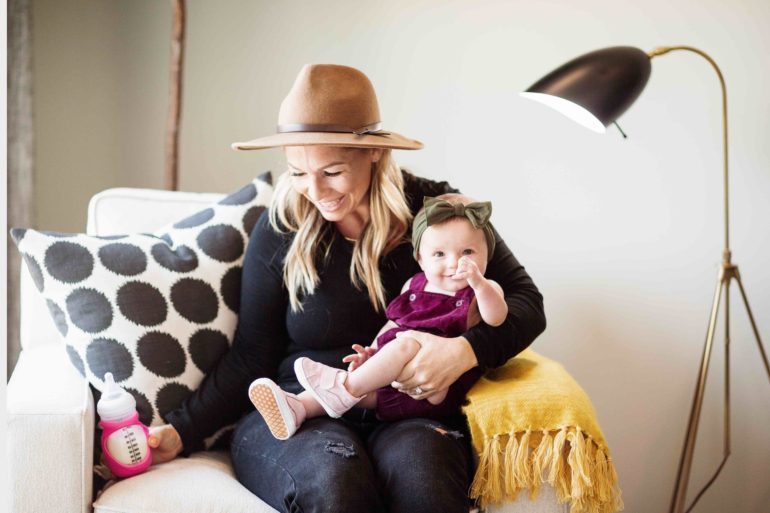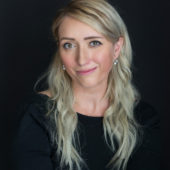Breastfeeding Isn’t for Everyone (And That’s Okay)
Formula was fine, formula was GREAT for families who needed it, but I was determined that that wasn’t going to be me, that I could do this. That I WOULD do this.
And do it I did.
But there are so many things I wish people had told me, so many things I wish people had said:
That breastfeeding, however natural and healthy for both of us, was f$%king HARD.
Ours was a breastfeeding relationship free of many of the complications other mothers experience. We were fortunate enough to avoid a tongue tie and only dealt with one brief bout of mastitis.
But my baby was what they called “high needs” — he cluster fed ALL the time, would only nap while he nursed in my lap, and nursed at least every 90 minutes for the first 10 months of his life.
It was purely a comfort thing — he was healthy, and I had, if anything, an oversupply problem.
But he needed me constantly, relentlessly. Bottles and binkies be damned, if it wasn’t boob, he did. Not. CARE.
And it wore me out. It broke me on so many days. Until finally, at 20 months, I weaned my first child and reclaimed my personal space and independence.
The Psychological Toll of Breastfeeding
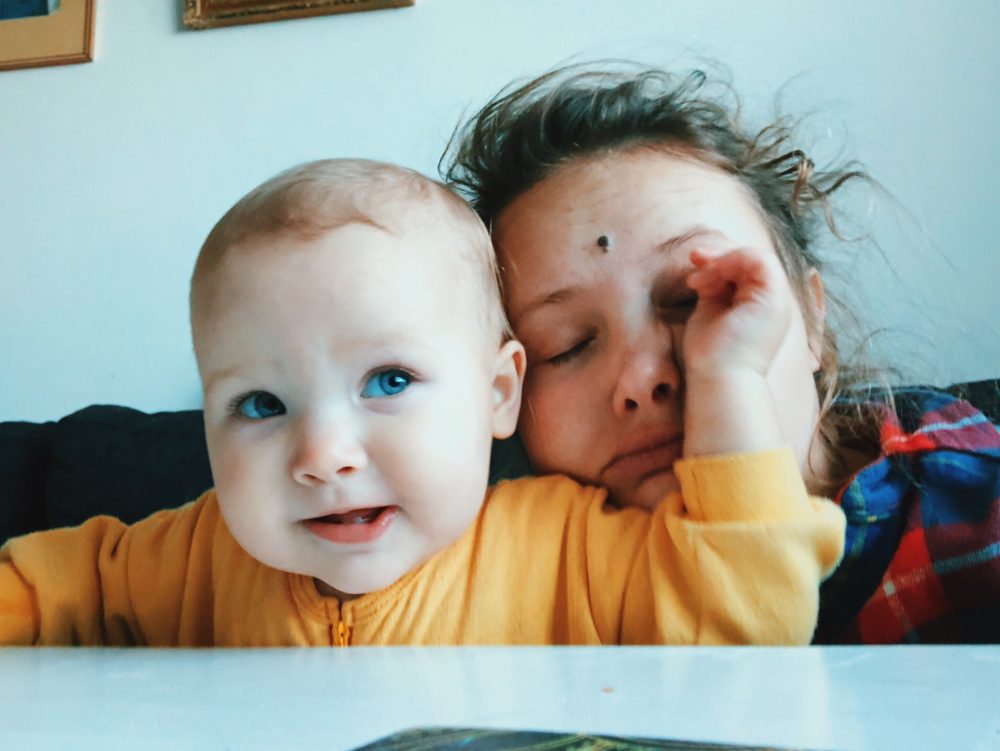
Sometimes I wondered — was breastfeeding really best for my son?
I mean sure, obviously biologically it was. Breastfeeding is known to produce antibodies to keep your baby from getting sick and to be one of the most complete forms of nutrition available. Breastfeeding even has benefits for mothers, helping with postpartum weight loss, improving bonding, and some studies even suggest breastfeeding can reduce a mother’s chance of developing postpartum depression.
But the nights when I wanted SO much to stay up with my husband and just be without a baby in my lap? The days when I was pulling my hair out because I couldn’t go grocery shopping by myself?
What they don’t tell you is that when you’re a breastfeeding mom, there may be days that your mental health takes a backseat to your baby’s nutrition. That you might go MONTHS without ever being truly alone.
And it takes a toll.
Only You Can Decide When You’re Done
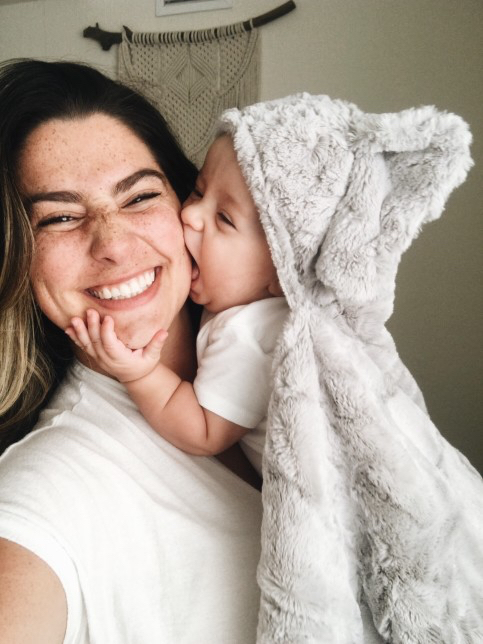
Breastfeeding isn’t all nipple biting and getting touched-out — it’s also a beautiful relationship and one of the greatest gifts you can give to your child.
I held on a lot longer than I probably should have out of a combination of shame and guilt, out of fear that putting my sanity first was going to make me a bad mother.
Know the science, know the recommendations, know that breastfeeding is the most nutritious way to feed your baby.
And then decide on what feels right for both of you. Decide what you can handle and what you can’t. Because choices in nutrition are not the only things that make us good mothers — being present, well-rested, and happy make us good mothers.
It Doesn’t Have to Be All or Nothing
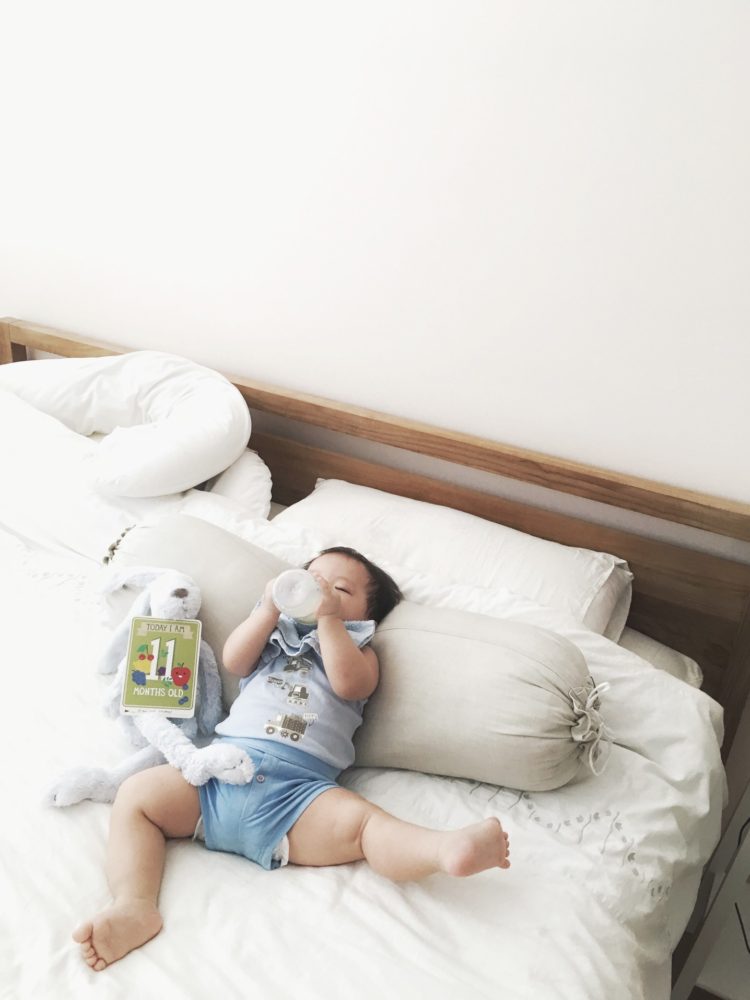
My first baby-go-round, for some reason it had to be all breast, all the time. I tried to pump, but he never wanted to take a bottle, so I just went with that — boobs and solid food until he was almost two.
With my second baby, I got a kid who loved the Joovy Boob Bottles and who actually slept without me lying right beside him. And I got some perspective — I could do what felt right, what was best for us both.
So I breastfed him all the time, and I let my husband give him a bottle at night so I could get some sleep. And when I went on business trips or fell behind on pumping, I didn’t beat myself up over it.
I ate a bowl of oatmeal, found a formula that agreed with my baby’s digestive system, and happily fed him that while my boobs got caught up.
The bottom line is, you don’t have to formula OR breastfeed — you can do both, you can do what makes sense in the moment, and you can choose a bubble bath over nursing your baby to sleep some nights.

